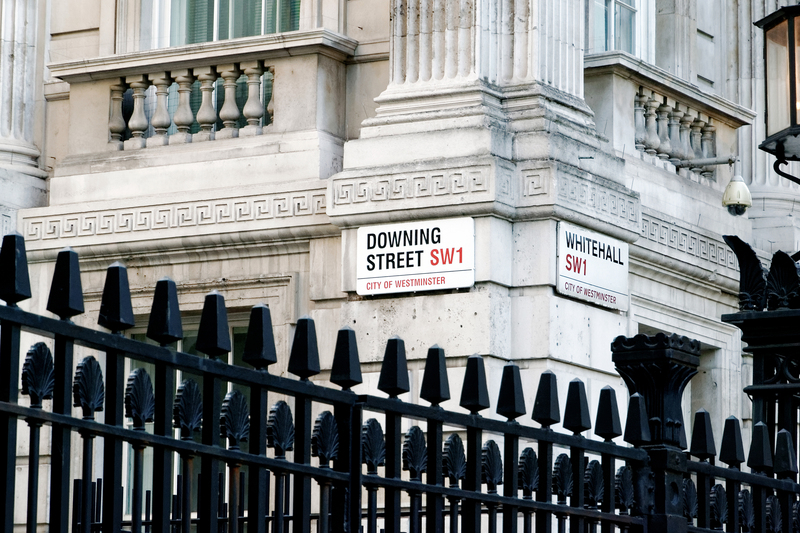Renting Your London Home Guide
Posted on 16/04/2025
Renting Your London Home Guide
Introduction to Renting Your London Home
Renting out your home in London can be a profitable venture, but it also comes with its own set of challenges and responsibilities. Whether you're a first-time landlord or experienced in the property market, navigating the rental landscape of one of the world's most dynamic cities requires preparation and know-how. This guide will walk you through the essentials of renting your London home, covering everything from legal requirements to effective marketing strategies.

Understand Your Legal Obligations
Being a landlord comes with a variety of legal responsibilities. Before you begin the process of renting out your property, make sure you understand your obligations under UK law.
Landlord Registration and Licensing
Depending on the type of property and the location within London, you may need to register as a landlord or obtain specific licenses. For example, Houses in Multiple Occupation (HMOs) often require special licenses.
Right to Rent Checks
Landlords in England are required to check the immigration status of tenants. The "Right to Rent" checks are mandatory, and failing to comply can result in hefty fines.
Safety Regulations
Ensuring your property meets safety standards is crucial. This includes providing gas safety certificates, electrical safety certificates, and ensuring that smoke and carbon monoxide alarms are installed and functioning properly.
Preparing Your Property
A well-prepared property not only attracts tenants quickly but can also command a higher rental price.
Maintenance and Repairs
Ensure that all necessary maintenance and repairs are done before listing your property. This includes fixing any structural issues, plumbing, or electrical problems.
Furnishing Options
Decide whether you want to rent your property furnished or unfurnished. Furnished properties can attract higher rent but come with added responsibilities like maintaining the furniture.
Curb Appeal
First impressions matter. Enhancing the exterior of your home with fresh paint, a clean garden, and good lighting can make a significant difference.
Marketing Your Property
Effective marketing is key to finding the right tenant quickly and efficiently.
Professional Photography
High-quality photos can significantly increase interest in your property. Consider hiring a professional photographer to showcase your home in the best light.
Listing on Multiple Platforms
List your property on various real estate platforms such as Rightmove, Zoopla, and OpenRent. Social media can also be a valuable tool for marketing your property.
Descriptive Listings
Write detailed and engaging descriptions that highlight the best features of your property. Include information on local amenities, transport links, and any unique selling points.
Screening Tenants
Choosing the right tenant is crucial for a smooth rental experience.
Background Checks
Conduct thorough background checks, including credit reports, employment verification, and previous landlord references.
Interview Process
Interview potential tenants to get a sense of their reliability and compatibility. This can help in assessing whether they will be respectful of your property.
Tenancy Agreement
Draft a comprehensive tenancy agreement that outlines all terms and conditions clearly. This document is essential for protecting both parties legally.
Managing Your Rental Property
Effective management ensures a smooth and profitable rental experience.
Regular Inspections
Conduct regular property inspections to ensure that the tenants are maintaining the home. This can help in identifying and addressing issues early.
Property Management Services
If you prefer a hands-off approach, consider hiring a property management company. They can handle everything from tenant communication to maintenance and rent collection.
Rent Collection
Establish a clear and efficient rent collection process. Late payments can be mitigated by setting up direct debits or automated payment reminders.
Pros and Cons of Renting Out Your London Home
Pros
- Potential for high rental income, especially in prime London locations.
- Property appreciation over time.
- Diversification of income streams.
- Tax advantages and deductions.
Cons
- Legal responsibilities and compliance costs.
- Risk of problematic tenants.
- Ongoing maintenance and repair costs.
- Time and effort involved in property management.
Tips for First-Time Landlords
- Do your homework: Understand the local rental market and set competitive prices.
- Seek professional advice: Consult with real estate agents or property managers.
- Keep communication open: Establish clear lines of communication with your tenants.
- Maintain good records: Keep detailed records of all transactions and communications.

Takeaways
Renting out your London home can be a lucrative venture, but it demands careful planning, understanding of legal requirements, and effective management. By preparing your property, marketing it well, and selecting the right tenants, you can enjoy a profitable and hassle-free rental experience.
Conclusion
Renting out your London home involves multiple steps, from understanding your legal obligations to marketing and managing the property effectively. While there are both advantages and challenges, following best practices and staying informed can help you make the most of your rental venture. By doing your research, preparing meticulously, and maintaining good communication with tenants, you can turn your London property into a valuable income-generating asset.

















